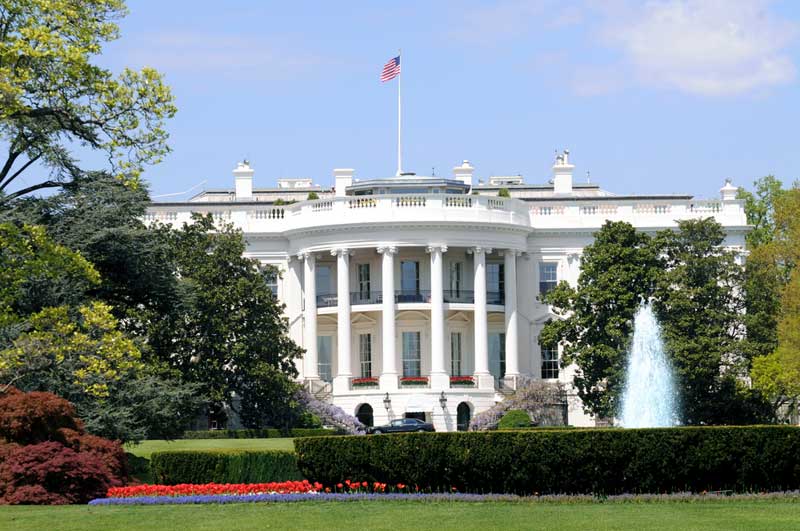
The United States may be an iconic democracy, but every year many Americans don't bother voting at all—regardless of lower turnout caused by events like Hurricane Sandy.
The United States ranks 120th of the 169 countries for which data exists on voter turnout, falling between the Dominican Republic and Benin, according to a January 2012 study from the Institute for Democracy and Electoral Assistance. (Not all countries ranked were democracies, a factor that could skew the results.)
About 60 percent of eligible voters will likely cast ballots Tuesday (Nov. 6), a lower percentage than in most other Western democracies, said Michael McDonald, a political scientist at George Mason University. [The Strangest Elections in US History]
Experts say the low turnout results from how often Americans conduct elections, the inconvenience of voting and the reality that each individual vote doesn't count for much.
Voting inconvenient
"Part of the issue is we have too much democracy," McDonald said. "We're just voting a lot in the U.S."
With state, local and national races, as well as mid-term elections, most Americans have a chance to cast a ballot about once every year. Other Western democracies may only have an election every five years, McDonald told LiveScience
Sign up for the Live Science daily newsletter now
Get the world’s most fascinating discoveries delivered straight to your inbox.
That frequency makes voting a hassle, he said.
Other democracies, such as Argentina and Australia, have mandatory voting and small fines for those who skip the polls. Policies like this, that create a social norm for voting, can boost participation, he said.
And most countries with higher voter turnout automatically consider national citizens voters.
"They don't really even have voter registration. Their national registration card serves as their voter registration," he said.
Little impact
But beyond the inconveniences, there's another reason many people in the U.S. may skip the polls: an individual's vote doesn't count for much, because the opposing party can stymie the president's political party, said Lyle Scruggs, a political scientist at the University of Connecticut.
"The chance that your vote determines the outcome one way or another is very, very small," Scruggs told LiveScience.
While that's true in any large democracy, it's even more characteristic of the United States, he said.
Only a fraction of candidates are up for re-election every cycle, and a Democratic president's agenda may be sidelined by a Republican Congress, or vice versa. In a parliamentary system, by contrast, the person who wins the prime minister position is part of the majority party and consequently has more power to enact a political agenda. That means a winning vote has more political impact, he said.
Choosing the president through the Electoral College, rather than via popular vote, may also reduce turnout, he said.
Because only a few states are competitive, most presidential campaigns dump money into 10 swing states and spend almost no time campaigning in the other 40, Scruggs said.
"If we had a popular-vote election of the president, where which state you lived in didn't matter, you would likely see many more national campaigns trying to mobilize a much more national constituency," he said
Boosting turnout
When lines keep voters waiting several hours, it's easy to see why many people skip the whole ordeal.
But states are increasingly adopting more convenient methods for voting, such as mail-in ballots, same-day voter registration and early voting, McDonald said. Most of these efforts improve turnout by a few percentage points, he said.
The best hope for changing turnout long-term is to get young people voting, Scruggs said. If teenagers get used to casting ballots from the get-go, they are likelier to become lifelong voters, he said
"Voting is sort of a habit," he said. "We should be out in the high schools trying to convince people that it's a really great habit to vote."
Follow LiveScience on Twitter @livescience. We're also on Facebook & Google+.

Tia is the managing editor and was previously a senior writer for Live Science. Her work has appeared in Scientific American, Wired.com and other outlets. She holds a master's degree in bioengineering from the University of Washington, a graduate certificate in science writing from UC Santa Cruz and a bachelor's degree in mechanical engineering from the University of Texas at Austin. Tia was part of a team at the Milwaukee Journal Sentinel that published the Empty Cradles series on preterm births, which won multiple awards, including the 2012 Casey Medal for Meritorious Journalism.










